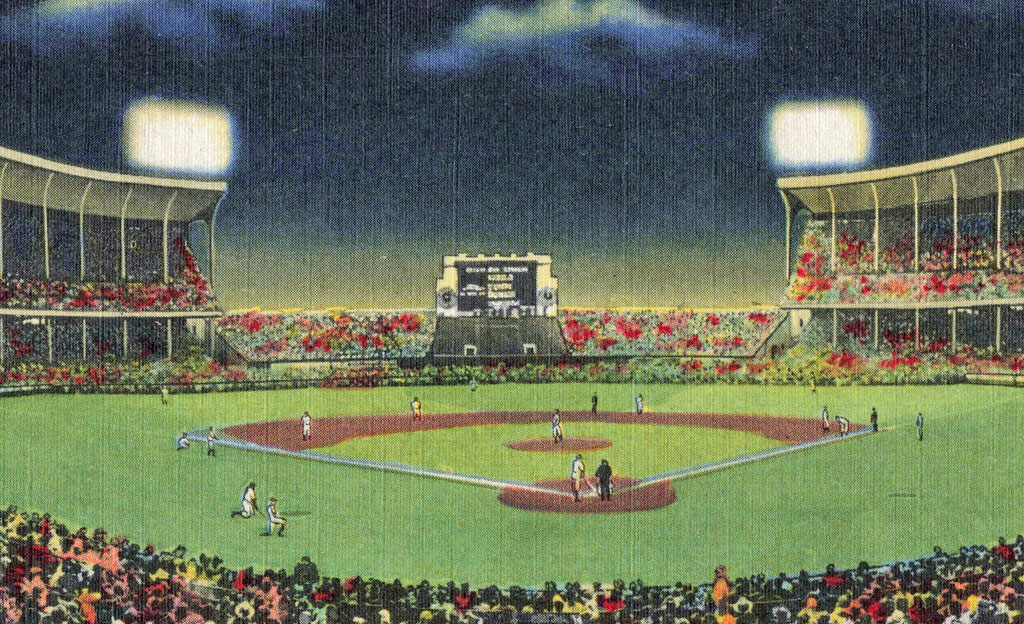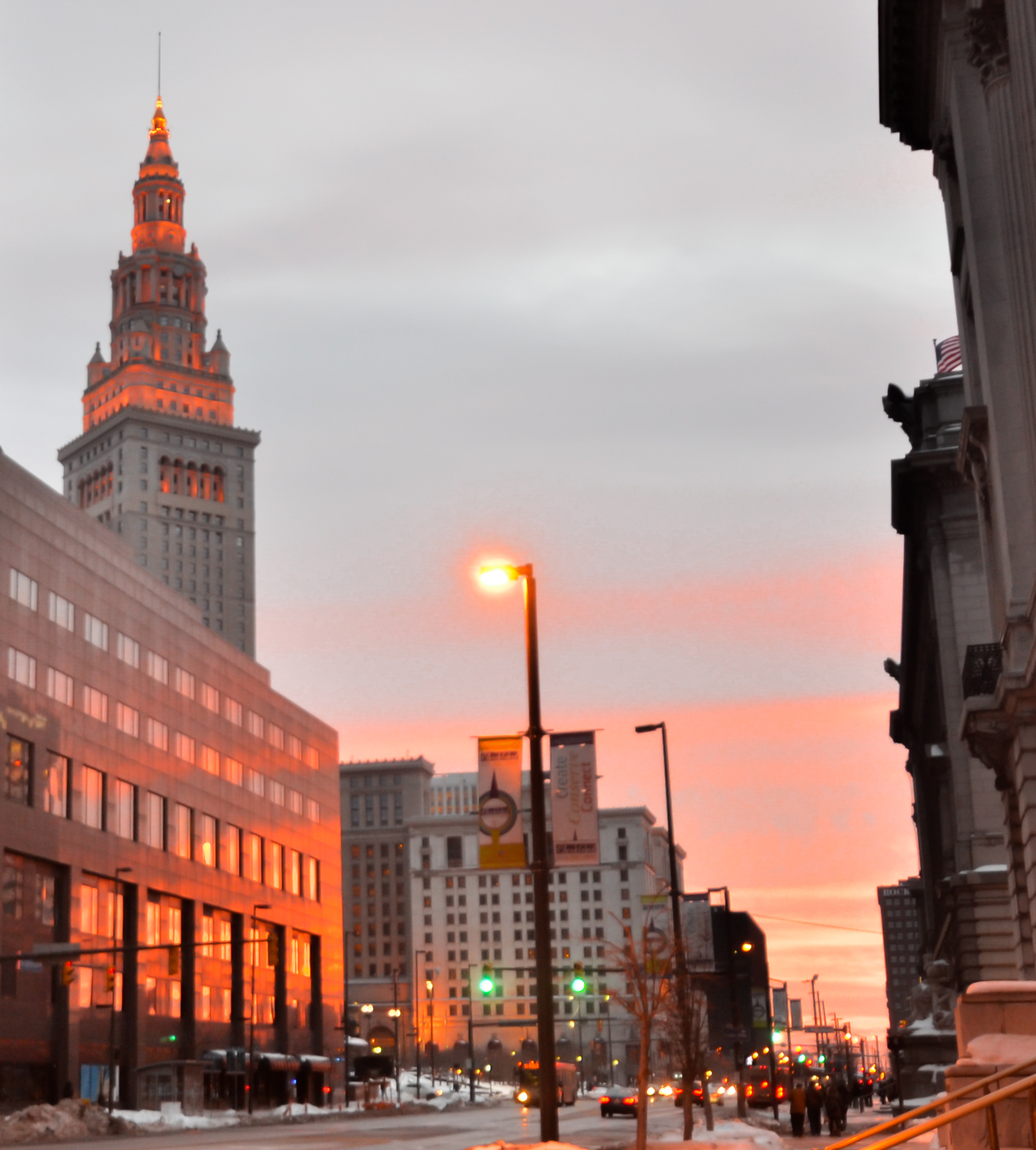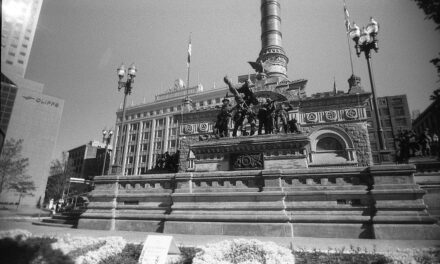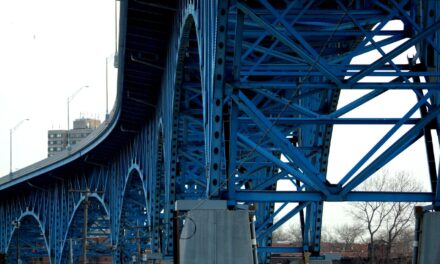CLEVELAND HISTORY
Cleveland Public Library Main Building Opens (May 26, 1925): The Cleveland Public Library’s new main building opened at Superior Avenue and East 3rd Street. Designed by the architectural firm Walker and Weeks, the grand structure became a cornerstone of education, offering Clevelanders expanded access to books, research materials, and public programs.
Cleveland Indians Win Memorial Day Doubleheader (May 30, 1948): On Memorial Day, the Cleveland Indians won both games of a doubleheader against the Chicago White Sox at Cleveland Stadium. The victories contributed to their momentum during the 1948 season, culminating in the Indians’ eventual World Series championship later that year.
Severance Hall Construction Approved (May 31, 1929): The Cleveland Orchestra’s Board of Trustees approved final plans for Severance Hall, marking the start of the project that would give the orchestra a permanent home. Funded by John L. Severance as a memorial to his wife, the hall remains a cultural landmark today.
Brooklyn Township Organized (June 1, 1818): Brooklyn Township, covering the area west of the Cuyahoga River (now Cleveland’s west side), was officially organized. This marked a major step in the expansion and administrative structuring of early Greater Cleveland.
Inaugural Opening of Shaker Heights Rapid Transit (May 30, 1920): The Cleveland Interurban Railroad opened its Shaker Heights Rapid Transit line, connecting Shaker Heights to downtown Cleveland. This system helped shape suburban development and remains part of today’s Greater Cleveland RTA.
WORLD HISTORY
Edict of Worms Declares Martin Luther a Heretic (May 26, 1521): Holy Roman Emperor Charles V issued the Edict of Worms, declaring Martin Luther an outlaw and heretic for his criticisms of the Catholic Church. The edict banned Luther’s writings and called for his arrest, marking a pivotal moment in the Protestant Reformation.
Golden Gate Bridge Opens to Pedestrians (May 27, 1937): San Francisco’s iconic Golden Gate Bridge opened to pedestrian traffic, allowing thousands to cross the span before it opened to vehicles the following day. At the time, it was the longest suspension bridge in the world and remains a symbol of engineering achievement.
Amnesty International Founded in London (May 28, 1961): British lawyer Peter Benenson launched Amnesty International with an article in The Observer newspaper, advocating for the release of political prisoners. The organization has since become a global movement promoting human rights and was awarded the Nobel Peace Prize in 1977.
Edmund Hillary and Tenzing Norgay Summit Mount Everest (May 29, 1953): New Zealander Edmund Hillary and Nepali Sherpa Tenzing Norgay became the first climbers confirmed to have reached the summit of Mount Everest, the world’s highest peak. Their successful ascent was a landmark achievement in mountaineering history.
Adolf Eichmann Executed in Israel (June 1, 1962): Adolf Eichmann, a key architect of the Holocaust, was executed by hanging in Israel after being found guilty of crimes against humanity. His trial and execution were significant in the global acknowledgment and prosecution of Nazi war crimes.







